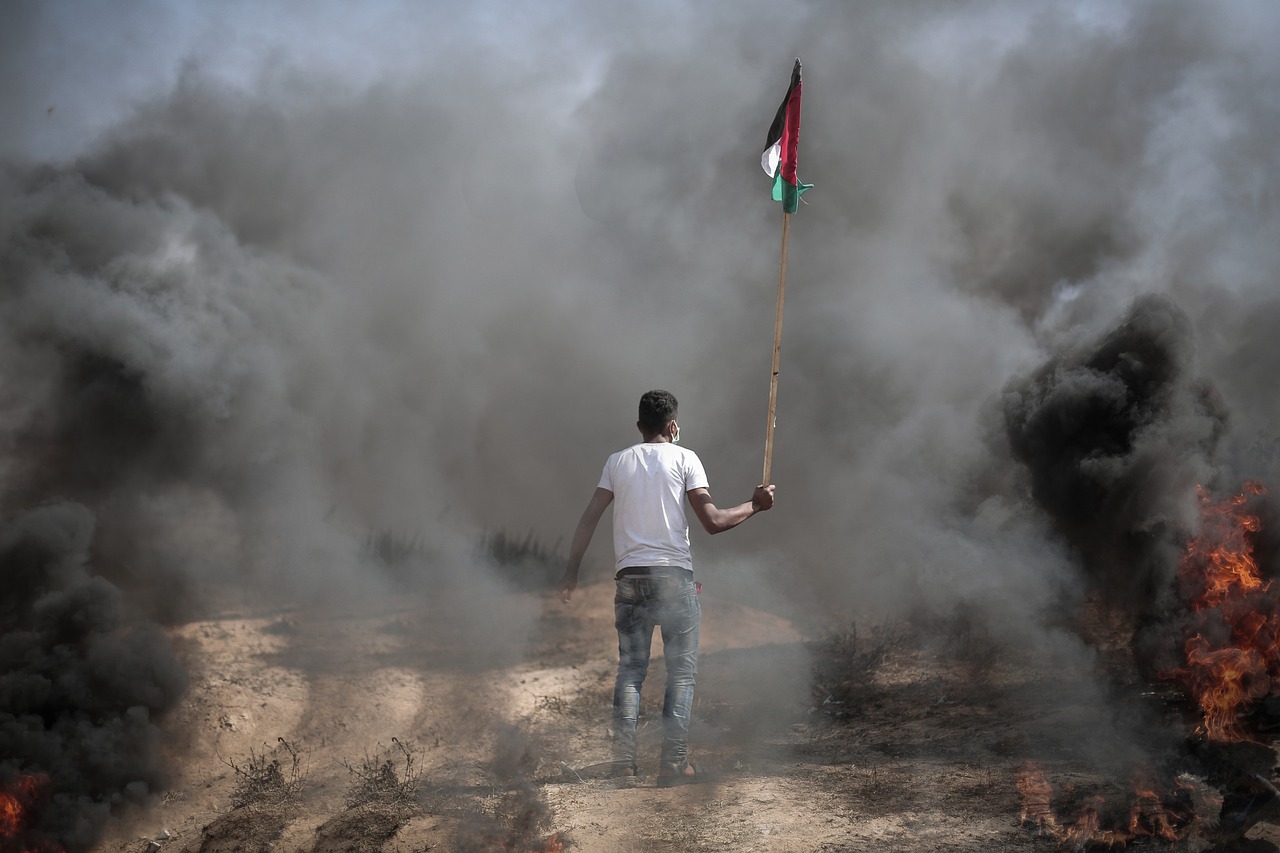
By Vusi Mazimbuko
At the recent BRICS meeting, chaired by South African President Cyril Ramaphosa, Saudi Arabia, the UAE, and Iran’s responses to the Gaza conflict signalled the complexities of Middle Eastern geopolitics.
The BRICS “Extraordinary Joint Meeting” focused on addressing the Israel-Palestine conflict, allowing BRICS nations and invited countries to express their perspectives. The virtual meeting saw BRICS collectively condemn attacks on civilians in both Palestine and Israel. As the current BRICS chair, President Ramaphosa took a direct stance, asserting that Israel’s actions “are in clear violation of international law.”
Saudi Arabia’s Crown Prince Mohammad bin Salman’s endorsement of a Palestinian state within the 1967 borders aligns with traditional diplomatic approaches, emphasising a balanced resolution in line with international perspectives on the Israeli-Palestinian conflict.
The UAE’s focus on civilian protection, humanitarian access, and an immediate ceasefire reflects a pragmatic stance prioritising immediate humanitarian needs amid the region’s complexities.
Iran’s President Ebrahim Raisi’s proposal for a Palestinian referendum signifies strong support for self-determination and aligns with Iran’s historical opposition to Israeli policies and its broader foreign policy of challenging Western influence in the Middle East.
In the quest for a ceasefire and an end to the violence in Gaza, Saudi Arabia’s stance may be seen as falling short in addressing the deep-rooted challenges faced by Palestinians. Saudi Arabia supports a two-state solution, while the UAE emphasises humanitarian concerns, and Iran calls for a Palestinian referendum. But these diplomatic positions may have deeper political implications, underscoring the multifaceted nature of international decision-making, many of which we may never know. Despite these complexities, the urgency to end the conflict remains paramount.
The perspectives shared at the BRICS meeting highlight the alliance’s active involvement in complex global affairs, signalling a shift from its traditional economic focus to engaging in major geopolitical issues.
As BRICS expands its geopolitical footprint, one might ask, what will be the long-term impact of this evolution on the global balance of power and how will the relationship between countries within BRICS develop?
Let’s see what happens next …

